Home>Articles>How To Store Food When Camping In Bear Country
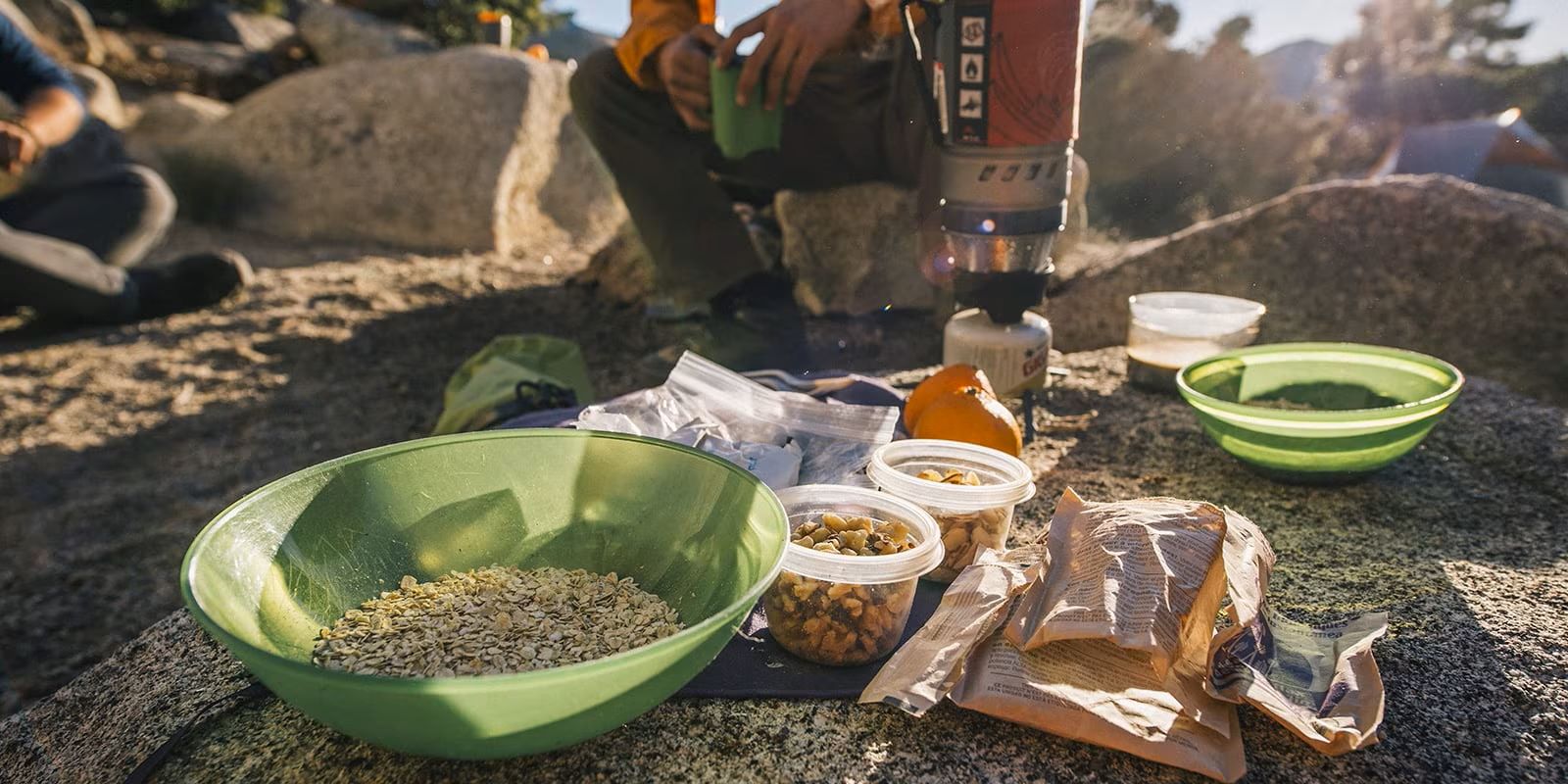

Articles
How To Store Food When Camping In Bear Country
Modified: January 19, 2024
Learn how to safely store your food when camping in bear country. Our articles provide valuable tips and guidelines to keep you and the bears safe.
(Many of the links in this article redirect to a specific reviewed product. Your purchase of these products through affiliate links helps to generate commission for Storables.com, at no extra cost. Learn more)
Introduction
When embarking on a camping trip in bear country, ensuring the safety of both yourself and the bears is of utmost importance. Bears are highly intelligent, curious, and attracted to the scent of food. Therefore, it is essential to have a solid plan for storing food to avoid unwanted encounters with these magnificent creatures.
In this article, we will explore the various methods and regulations for storing food in bear country while camping. We will discuss the risks associated with bears and highlight the importance of adhering to proper food storage guidelines. Moreover, we will provide you with practical tips and techniques to protect your food from bears and promote campground safety.
By understanding the risks involved and following the recommended protocols, you can minimize the chances of attracting bears to your campsite and foster a safe and enjoyable camping experience for everyone involved.
Key Takeaways:
- Proper food storage, including bear-resistant containers and hanging techniques, is crucial for minimizing the risk of bear encounters while camping in bear country. Following regulations and keeping a clean campsite are essential for promoting safety.
- Responsible waste disposal, staying aware of surroundings, and respecting wildlife are key precautions to reduce bear encounters. Educating yourself and others, following regulations, and being prepared contribute to a safe and harmonious camping experience.
Read more: How To Store Food In Bear Country
Understanding the Risks in Bear Country
Before delving into the specifics of food storage, it is crucial to have a clear understanding of the risks associated with camping in bear country. Bears are wild animals that have a keen sense of smell and are driven by their instinctual need for food. When humans bring food into their territory, it can lead to unintended interactions and potentially dangerous situations.
In bear country, there are two key types of bears that you may encounter: black bears and grizzly bears. Both species can be equally dangerous if they feel threatened or if they develop a habit of seeking out human food sources.
Black bears are generally more common and can be found throughout North America. While they are typically less aggressive than grizzly bears, they can still pose a significant threat if they become accustomed to human food. Grizzly bears, on the other hand, are known for their strength and aggression, especially when they feel their cubs are at risk.
Understanding bear behavior is critical for minimizing risks. Bears have an acute sense of smell and can detect odors from miles away. They are also highly intelligent and can quickly learn to associate humans with food sources. Once a bear discovers an easy food supply, it is likely to return, creating a dangerous situation for both humans and the bear.
It is important to note that bears primarily roam in search of natural food sources, such as berries, insects, and fish. However, if they come across accessible human food, they may be enticed to investigate. This is why proper food storage is so vital – it helps prevent bears from associating human campsites with easy meals, reducing the risk of bear-human conflicts.
By recognizing the potential dangers and understanding the motivations behind bear behavior, you can take appropriate measures to safeguard yourself, your fellow campers, and the bears themselves. Proper food storage is a critical component of these precautions, as it ensures that bears do not become dependent on human food sources, which can ultimately result in their demise.
Bear Food Storage Regulations
When camping in bear country, it is essential to familiarize yourself with the specific food storage regulations in the area you plan to visit. National parks, forests, and other outdoor recreational areas often have guidelines in place to protect both campers and wildlife from potential conflicts.
These regulations may vary depending on the location, but they generally require campers to store their food and other scented items in bear-resistant containers or designated storage areas. Violating these regulations can result in fines or other penalties, as the safety of both visitors and the bear population is taken very seriously.
Many parks and recreational areas require the use of bear-resistant canisters or bear bags, while others have installed bear lockers at designated campsites. These measures are designed to deter bears from accessing human food, discouraging them from associating campsites with a readily available food source.
It is crucial to research the specific regulations in the area you plan to camp and ensure that you comply with them. This information can usually be found on the website of the park or forest service, or by contacting the local authorities.
By following the established food storage regulations, you contribute to the conservation and protection of wildlife while also ensuring your own safety and the safety of others in your camping party.
Choosing the Right Food Storage Containers
When camping in bear country, selecting the appropriate food storage containers is crucial for keeping your food secure and preventing bear encounters. The right containers should be bear-resistant, easy to use, and able to effectively contain food odors.
Bear-resistant canisters are one of the most common and effective options for storing food in bear country. These sturdy containers are designed with a locking mechanism that bears are unable to open, even with their remarkable strength and intelligence. They come in various sizes to accommodate different amounts of food and can be easily carried and stored.
Another popular choice is bear bags or dry sacks. These are lightweight, durable bags made from strong materials, often with a reinforced closure system. To use a bear bag, you hang it from a tree at a safe distance from the ground and away from the trunk. This makes it difficult for bears to reach the bag and access your food.
When choosing a bear-resistant canister or bear bag, consider factors such as weight, size, and ease of use. Opt for containers that meet approved standards and have been tested for bear resistance. This information can usually be found on the packaging or by conducting research online.
Remember, the purpose of these containers is to prevent bears from accessing your food. Therefore, it is crucial to properly close and secure your containers at all times, even when you are not at your campsite. Bears are highly resourceful and persistent, and a loose or unsecured container can spell disaster.
In addition to food storage containers, it is also important to keep other scented items secure. Toiletries, cooking utensils, and even clothing that may have absorbed food odors should also be stored in bear-resistant containers or hung from a tree using a bear bag.
By choosing the right food storage containers and diligently securing them, you can greatly reduce the chance of bears being attracted to your campsite and keep your food safe from their curious noses.
Hanging Food from Trees
Hanging food from trees is a widely used method of food storage in bear country, particularly when bear-resistant canisters or lockers are not available or required. This technique involves suspending your food and scented items out of a bear’s reach by securing them high up on a tree trunk.
When using this method, it is crucial to select the right tree and proper technique to ensure the effectiveness of your food storage. Here are some guidelines to follow:
- Choose a suitable tree: Look for a sturdy tree with a branch at least 10-15 feet high and a trunk that is not easily climbed by bears. Avoid trees near your campsite or easily accessible from a trail.
- Use a proper hanging technique: Use a strong rope or cord that can withstand the weight of your food and other items. Tie one end of the rope securely to a rock or a heavy object, and throw the other end over the selected branch.
- Secure the food bag: Place your food and scented items in a durable bag, such as a bear bag or dry sack. Tie the bag securely to the rope, ensuring it is at least 10 feet off the ground and 4-6 feet away from the trunk.
- Hoist the bag: Slowly and steadily, raise the bag using the free end of the rope until it is out of reach of bears. Remember to tie off the rope securely to ensure the bag stays suspended.
- Keep the rope away from the trunk: Bears are excellent climbers, so it is important to keep the rope at least 4-6 feet away from the trunk. This prevents bears from reaching the rope and potentially shaking down your food.
- Store away from sleeping areas: Ensure that your hanging location is at least 100 yards away from your sleeping area to minimize the risk of bears coming into close proximity during the night.
- Practice Leave No Trace principles: Avoid damaging trees or vegetation when hanging your food. Use designated bear poles or established food hanging areas when available.
It is important to note that while hanging food from trees can be effective, some bears have learned to associate hanging bags with food. Therefore, it is not a foolproof method and should be used in conjunction with other food storage practices.
By following proper hanging techniques and taking precautions, you can greatly reduce the risk of bears accessing your food and ensure a safer camping experience for both humans and wildlife.
Read more: How To Store Gummy Bears
Bear Canisters and Bear Bags
Bear canisters and bear bags are two popular options for storing food in bear country. These specialized containers are designed to deter bears from accessing your food and are highly effective in preventing bear-human conflicts.
Bear canisters are rigid, durable containers made of hard plastic or metal. They have a secure locking mechanism that bears are unable to open, even with their remarkable strength. These canisters are available in various sizes to accommodate different camping food needs.
When using a bear canister, it is essential to follow these guidelines:
- Store the canister away from your campsite: Place the canister at least 100 yards away from your sleeping area to keep bears at a safe distance.
- Choose a suitable location: Look for an open area where bears cannot easily roll or push the canister against a tree or rock. Avoid placing it near the edge of a cliff or water source where bears may access it.
- Secure the canister: Ensure that the lid is tightly closed and locked. If the canister has straps or cords, make sure they are properly attached and cinched to further prevent bear access.
- Follow local regulations: Some areas have specific rules for bear canister use, such as requiring that the canister be approved by a particular organization. Always research the regulations of your camping destination and use an approved canister if required.
Bear bags, also known as dry sacks, are another option for storing food in bear country. These lightweight and durable bags are made of strong materials and are designed to be hung from a tree, out of reach of bears. To use a bear bag effectively:
- Choose a suitable tree: Select a sturdy tree with a branch high enough and far away from the trunk that bears cannot easily reach the hanging bag.
- Select a strong rope or cord: Use a high-quality rope or cord that can withstand the weight of your food and scented items. Make sure it is long enough to hang the bag at least 10 feet off the ground.
- Tie and secure the bag: Place your food and scented items in the bear bag and tie it tightly closed. Attach the bag securely to the rope and hoist it up to the selected branch, ensuring it is out of a bear’s reach.
- Hang the bag properly: Keep the bag at least 4-6 feet away from the trunk and ensure the rope is away from climbing distances for bears.
- Follow proper hanging guidelines: Refer to the guidelines outlined in the “Hanging Food from Trees” section above for further details on hanging techniques.
Whether you choose a bear canister or a bear bag, always remember to handle your food and scented items with care and keep them secure at all times. By utilizing these specialized containers, you can significantly reduce the risk of bears accessing your food and promote a safer camping experience for everyone involved.
When camping in bear country, store food in bear-proof containers or hang it at least 10 feet off the ground and 4 feet from any vertical support. Keep a clean campsite to minimize food odors.
Storing Food in Bear Lockers
In certain campsites or outdoor recreational areas, bear lockers are provided as a convenient and secure method of food storage. These lockers are typically large, sturdy metal boxes that are resistant to bear tampering.
When using bear lockers to store your food:
- Locate the nearest bear locker: Familiarize yourself with the location of bear lockers in your campsite or camping area. These lockers are often clustered together for easy access.
- Transfer your food to the locker: Place your food, cooking utensils, toiletries, and any other scented items into the locker. Ensure that everything is securely stored to prevent any spills or odors that may attract bears.
- Close and lock the locker: Once you have stored your items, securely close and lock the locker. Make sure that the lock is properly fastened to keep bears from gaining access.
- Observe any time restrictions: Some bear lockers may have specific time restrictions for usage. Pay attention to these rules and plan your visits to the locker accordingly.
- Keep the locker clean: It is essential to maintain cleanliness in the locker, disposing of any food scraps or trash properly. This will help prevent attracting bears or other wildlife to the area.
Bear lockers are an effective way to keep your food safe and secure while camping in bear country. By using these lockers, you not only protect yourself and fellow campers, but you also help preserve the natural behaviors and habitat of bears.
Remember to follow any additional guidelines or regulations regarding the usage of bear lockers in your specific camping area. Proper use of these lockers ensures that bears do not develop a habit of seeking out human food and helps maintain a safe camping environment for all.
Keeping a Clean Campsite
Maintaining a clean campsite is crucial when camping in bear country. A clean campsite not only promotes good hygiene but also helps prevent bears from being attracted to your camping area. Here are some important tips to keep in mind:
- Dispose of trash properly: Bears have a keen sense of smell and can be enticed by even the faintest scent of food. Therefore, it is vital to dispose of trash in designated bear-proof containers or garbage bins provided by the campground. Never leave trash bags outside or burn them in the campfire, as this can attract bears.
- Clean up food preparation areas: After cooking and eating, thoroughly clean all cooking utensils, plates, and other food-related items. Remove any leftover food scraps, oil, and grease from cooking surfaces, grills, and food preparation areas, as these can attract bears. Properly dispose of food waste in designated containers or pack it out with you.
- Store food and scented items properly: When not in use, store all food, toiletries, and other scented items in bear-resistant containers, bear lockers, or by following proper hanging techniques. Keep these items out of sight and scent range of bears to avoid attracting them to your campsite.
- Minimize odors: Bears have an extraordinary sense of smell, so it’s important to minimize odors that may attract them. Avoid strong-smelling foods and consider double-bagging or using airtight containers for storing food. Seal all food wrappers, bags, and containers tightly and pack them away properly.
- Clean up thoroughly: Regularly sweep and clean your campsite, removing any food crumbs, spills, or food packaging. Pay attention to the area around your cooking and eating areas, as these can easily become sources of attraction for bears. Leave no trace of your presence to avoid enticing wildlife.
- Be mindful of personal hygiene products: Bears are attracted to scented items, including soaps, lotions, and sunscreen. Store these items, as well as toothpaste, in bear-resistant containers or lockers to prevent bears from being drawn to your campsite.
- Educate yourself and your camping group: Make sure everyone in your camping group understands the importance of keeping a clean campsite and following proper food storage protocols. Encourage them to be proactive and responsible in maintaining a bear-safe environment.
By keeping a clean campsite and practicing proper food storage and waste disposal techniques, you minimize the risk of attracting bears to your camping area. Remember, the goal is to create a safe and harmonious coexistence with wildlife while enjoying your camping adventure in bear country.
Properly Disposing of Food Waste
Properly disposing of food waste is essential when camping in bear country. Improper disposal can attract bears and other wildlife, increasing the risk of potential encounters. Here are some important guidelines for disposing of food waste:
- Pack it out: Ideally, the best practice is to pack out all your food waste. This means bringing resealable bags or dedicated containers to store food scraps and leftovers. When packing out your food waste, make sure to seal the containers tightly to minimize any odors.
- Use designated dump stations or dumpsters: Many campgrounds have designated dump stations or dumpsters specifically for disposing of food waste. Check with the campground authorities or park rangers to locate these facilities and follow their guidelines for proper disposal.
- Avoid burying food waste: While burying food waste may be a common practice in some wilderness areas, it is not recommended in bear country. Bears have a strong sense of smell and can easily locate buried food waste, potentially causing them to dig it up and become habituated to these food sources.
- Double-bagging and sealing: If you are unable to pack out your food waste, double-bagging can help contain odors and prevent spills. Place the food waste in sturdy, resealable bags, making sure to remove as much air as possible before sealing.
- Keep a clean cooking area: As you cook, be diligent about cleaning up spills and food scraps immediately. Dispose of these scraps properly in designated containers or pack them out with the rest of your food waste. A clean cooking area minimizes the chance of attracting bears or other wildlife.
- Minimize food waste: It’s not just about proper disposal; it’s also about minimizing the amount of food waste you generate. Plan your meals carefully, so you only prepare what you will consume. Avoid overpacking and aim to use ingredients efficiently to reduce excess food waste.
- Be mindful of wildlife around you: While disposing of food waste, be aware of your surroundings and any wildlife nearby. Keep a safe distance and do not approach or feed any animals. Give them space and allow them to forage naturally for their food.
- Educate others: Share the importance of properly disposing of food waste with your camping group or fellow campers. Encourage responsible behavior to create a camping community that respects wildlife and follows proper protocols.
By properly disposing of food waste, you not only adhere to campground regulations but also ensure the safety of both yourself and the wildlife in bear country. Responsible waste management contributes to the preservation of natural ecosystems and helps maintain the natural behaviors of bears and other animals.
Read more: How To Store A Cooler When Not In Use
Other Precautions to Reduce Bear Encounters
In addition to proper food storage and waste disposal, there are several other precautions you can take to further reduce the risk of bear encounters when camping in bear country. Implementing these measures can help create a safer camping experience for everyone involved. Here are some important precautions to consider:
- Stay aware of your surroundings: Bears are often attracted by unexpected encounters. Stay vigilant and keep an eye out for any signs of bear activity, such as fresh tracks or scat. Be especially cautious during dawn and dusk when bears are most active.
- Make noise to alert bears: Bears typically avoid humans when they are aware of their presence. When hiking or moving around the campsite, make noise by talking, clapping, or singing. This alerts bears of your presence and gives them an opportunity to move away before you can accidentally surprise them.
- Keep a clean campsite beyond food: While proper food storage is crucial, it’s also important to maintain a clean campsite overall. This includes properly storing toiletries, garbage, and any other scented items. Bears can be attracted to items such as toothpaste, deodorant, and even scented clothes, so keep these stored properly as well.
- Use bear deterrents: Consider carrying bear deterrents such as bear spray or noise-making devices like air horns. These can be effective tools in deterring an approaching bear and providing an extra layer of safety in case of an encounter.
- Respect wildlife and keep a safe distance: Never approach or feed bears or any other wildlife. Give them the space they need to forage and roam freely. Observing from a distance with binoculars or a camera can allow you to appreciate their beauty without compromising their safety or yours.
- Travel in groups: Whenever possible, hike and camp in groups. Bears are less likely to approach larger groups, making it less likely for an encounter to occur. Additionally, there is safety in numbers, and you can support and watch out for each other in case of any wildlife encounters.
- Follow park or campground regulations: Familiarize yourself with and adhere to any regulations set forth by the park or campground you are visiting. These guidelines are in place to protect both visitors and wildlife. Respect the rules and guidelines of the area you are camping in.
- Educate yourself and others: Stay informed about bear behavior, local regulations, and recommended safety practices. Share this knowledge with your camping group and fellow campers to create a culture of responsible camping and wildlife stewardship.
By taking these precautions and being mindful of bear safety protocols, you can greatly reduce the risk of bear encounters and ensure a safe and enjoyable camping experience for yourself, fellow campers, and the bear population in their natural habitat.
Conclusion
Camping in bear country can be an exciting and rewarding experience, but it also demands a heightened level of responsibility. Understanding the risks involved and taking appropriate precautions is essential to ensure the safety of both campers and bears.
By following the proper food storage regulations, choosing the right containers, and utilizing techniques such as hanging food from trees or using bear canisters and bear bags, you can significantly reduce the likelihood of bear encounters. Storing food in bear lockers and maintaining a clean campsite further minimize the chance of attracting bears to your camping area.
Properly disposing of food waste and taking additional precautions, such as making noise, using deterrents, and respecting wildlife, are crucial for further reducing bear encounters and promoting a harmonious coexistence with these majestic creatures.
Remember, the goal is not only to protect yourself but also to safeguard the natural behaviors and habitats of bears. By educating yourself and others, respecting the regulations and guidelines set forth by the camping area or park, and practicing responsible camping techniques, you contribute to the conservation of wildlife and the preservation of the wilderness.
When venturing into bear country, always be prepared and stay diligent. Your actions have a profound impact on the safety of both yourself and the bears that call these areas home. By taking proactive measures, you can enjoy a memorable camping experience while fostering a respectful and responsible relationship with the remarkable wildlife around you.
So gear up, pack smart, and embark on your adventure with the knowledge and confidence to navigate bear country responsibly. Stay safe, protect wildlife, and create lasting memories while appreciating the beauty of nature.
Frequently Asked Questions about How To Store Food When Camping In Bear Country
Was this page helpful?
At Storables.com, we guarantee accurate and reliable information. Our content, validated by Expert Board Contributors, is crafted following stringent Editorial Policies. We're committed to providing you with well-researched, expert-backed insights for all your informational needs.


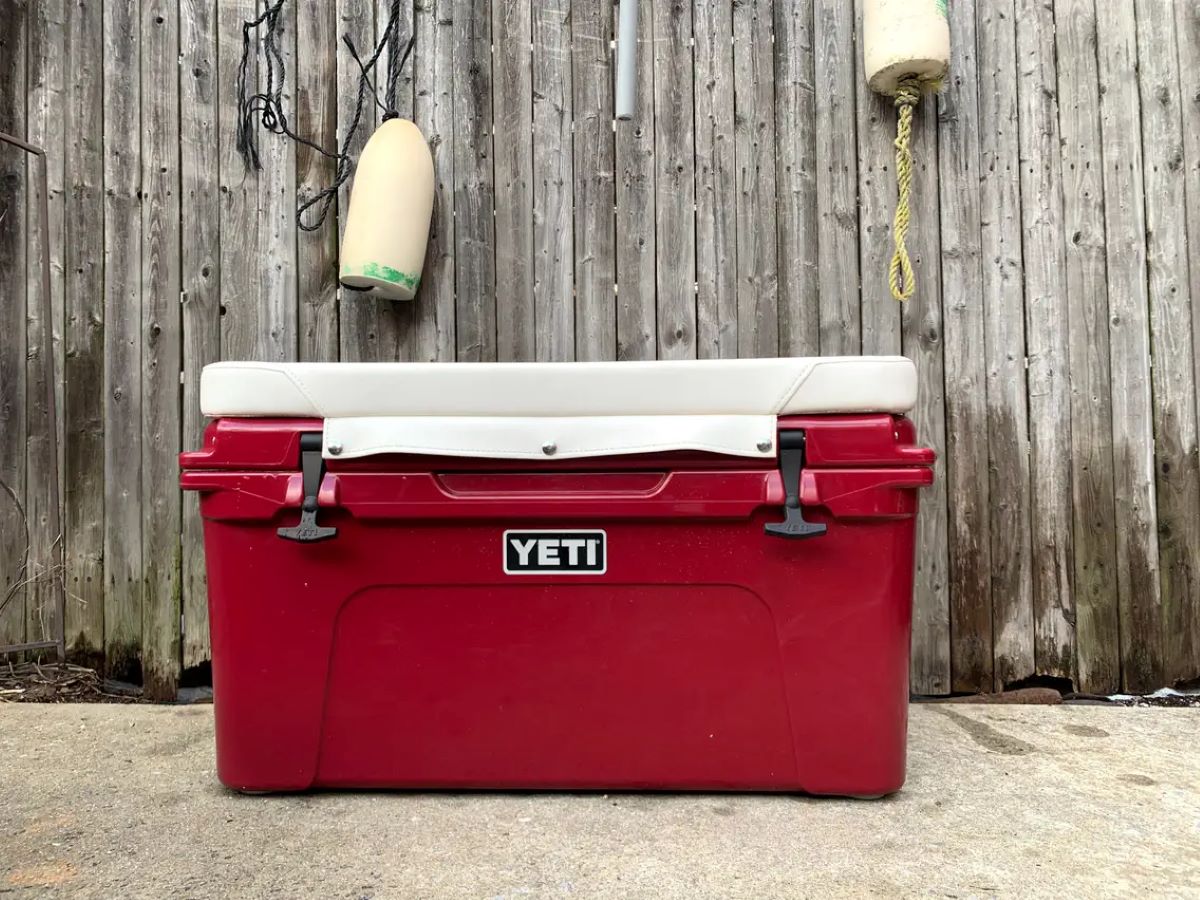
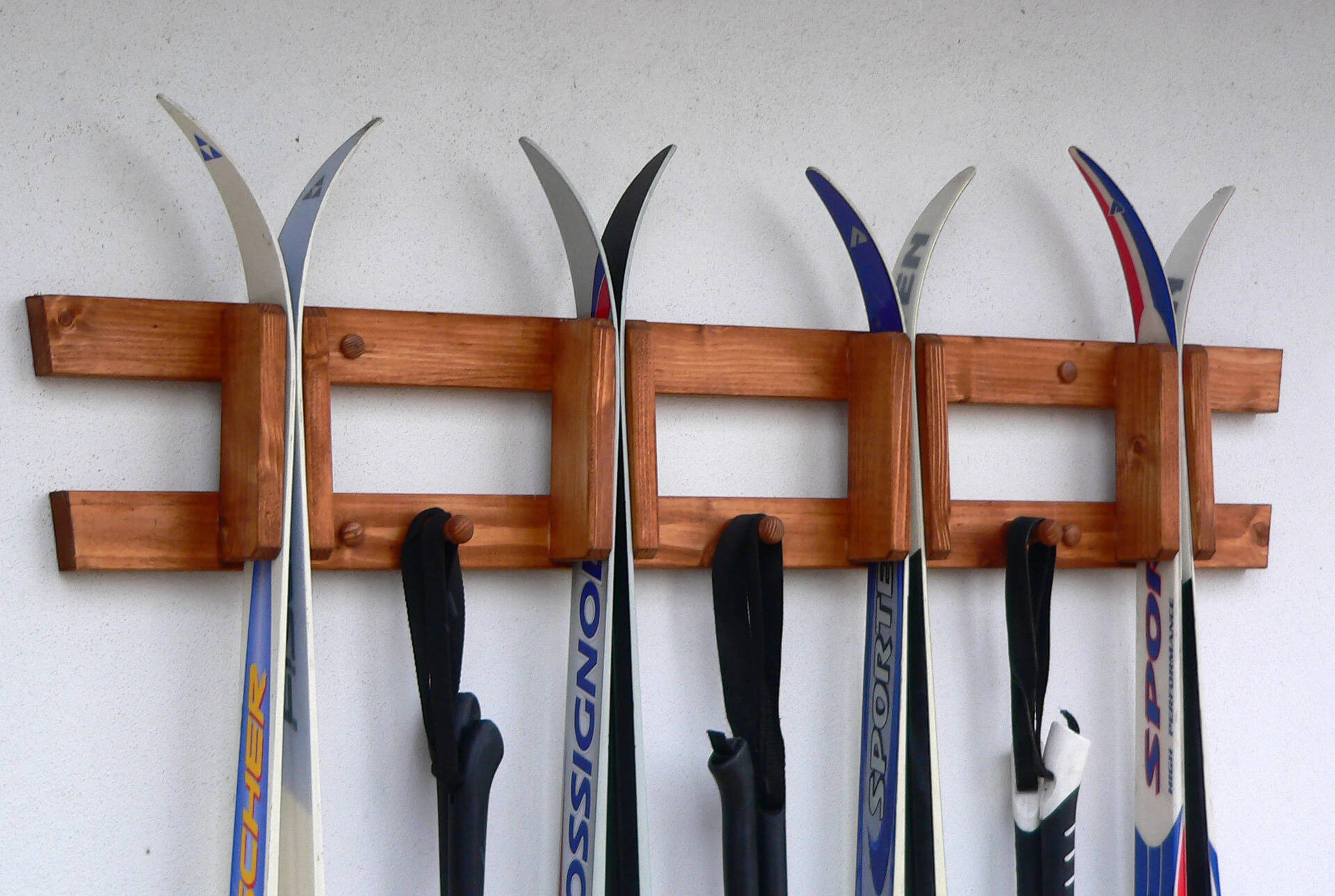
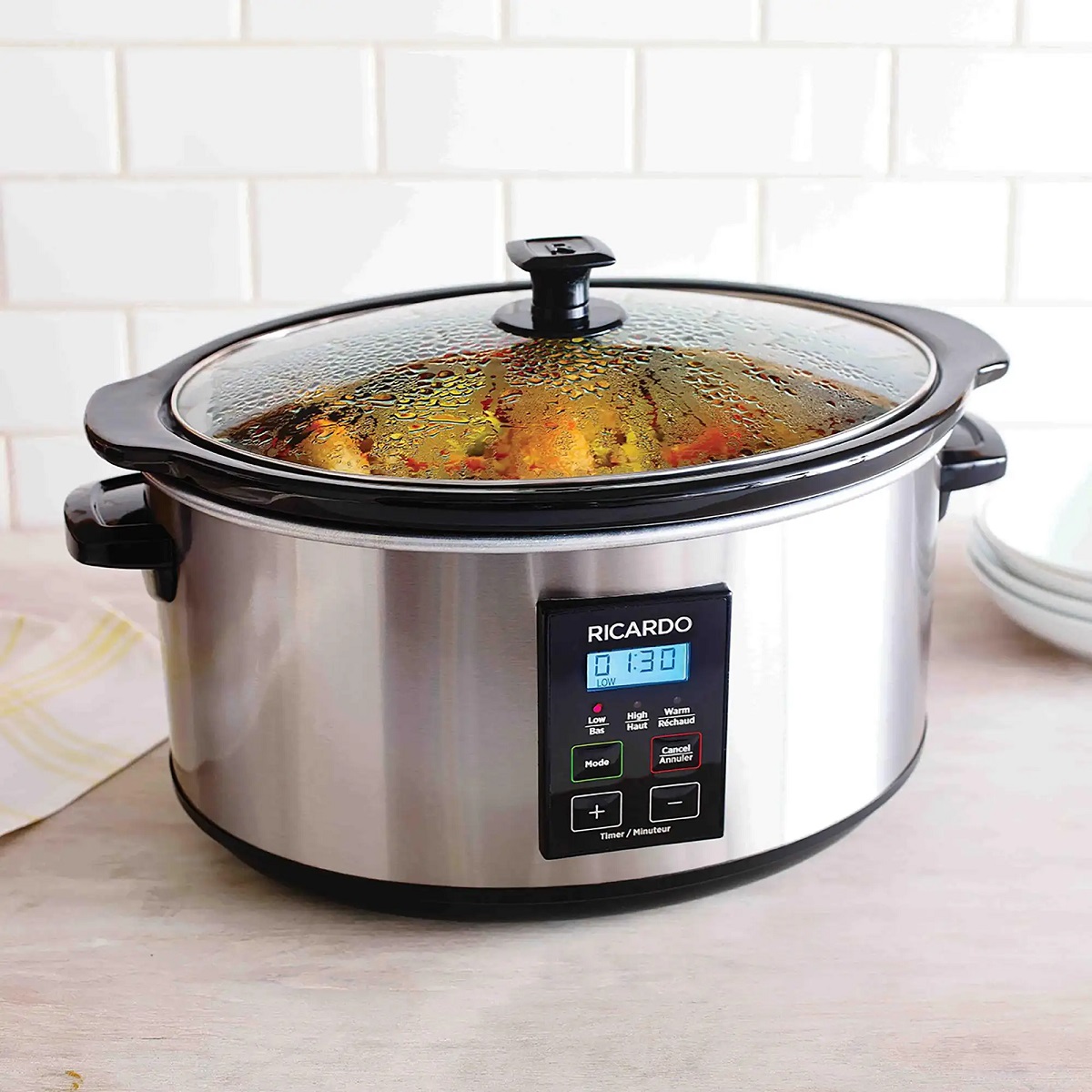
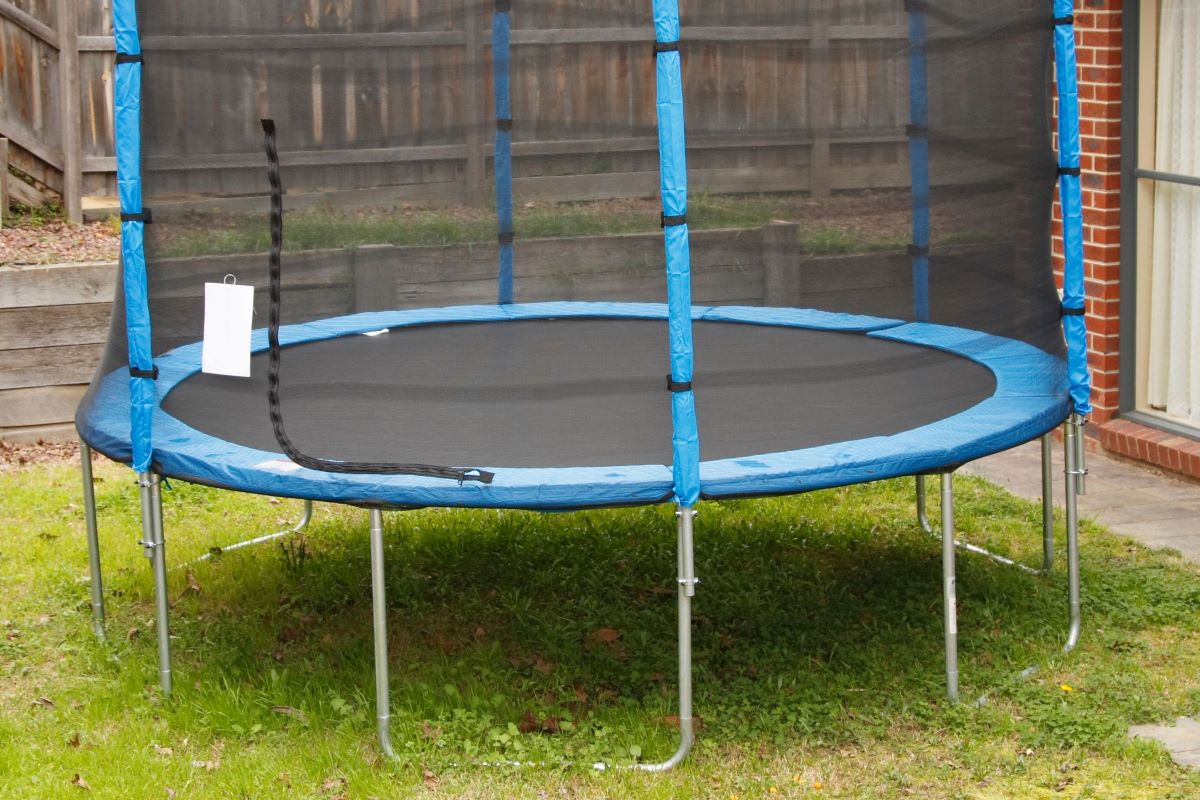
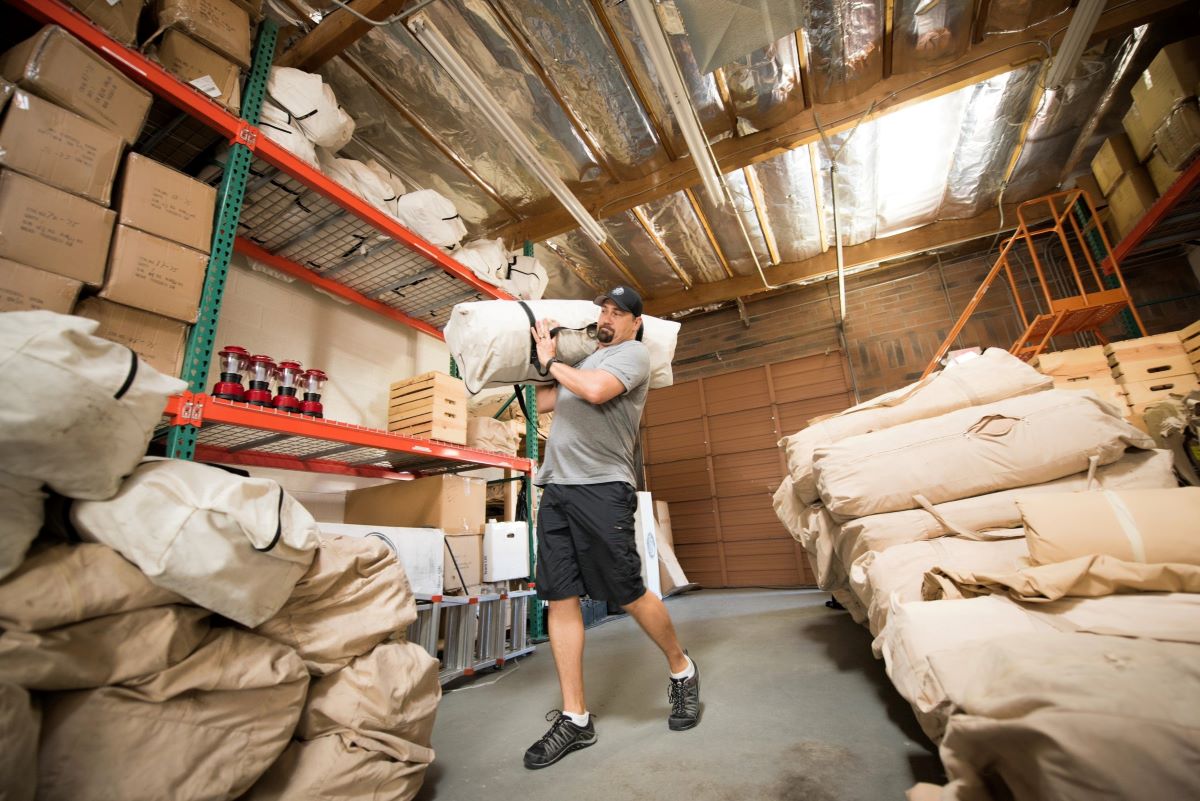

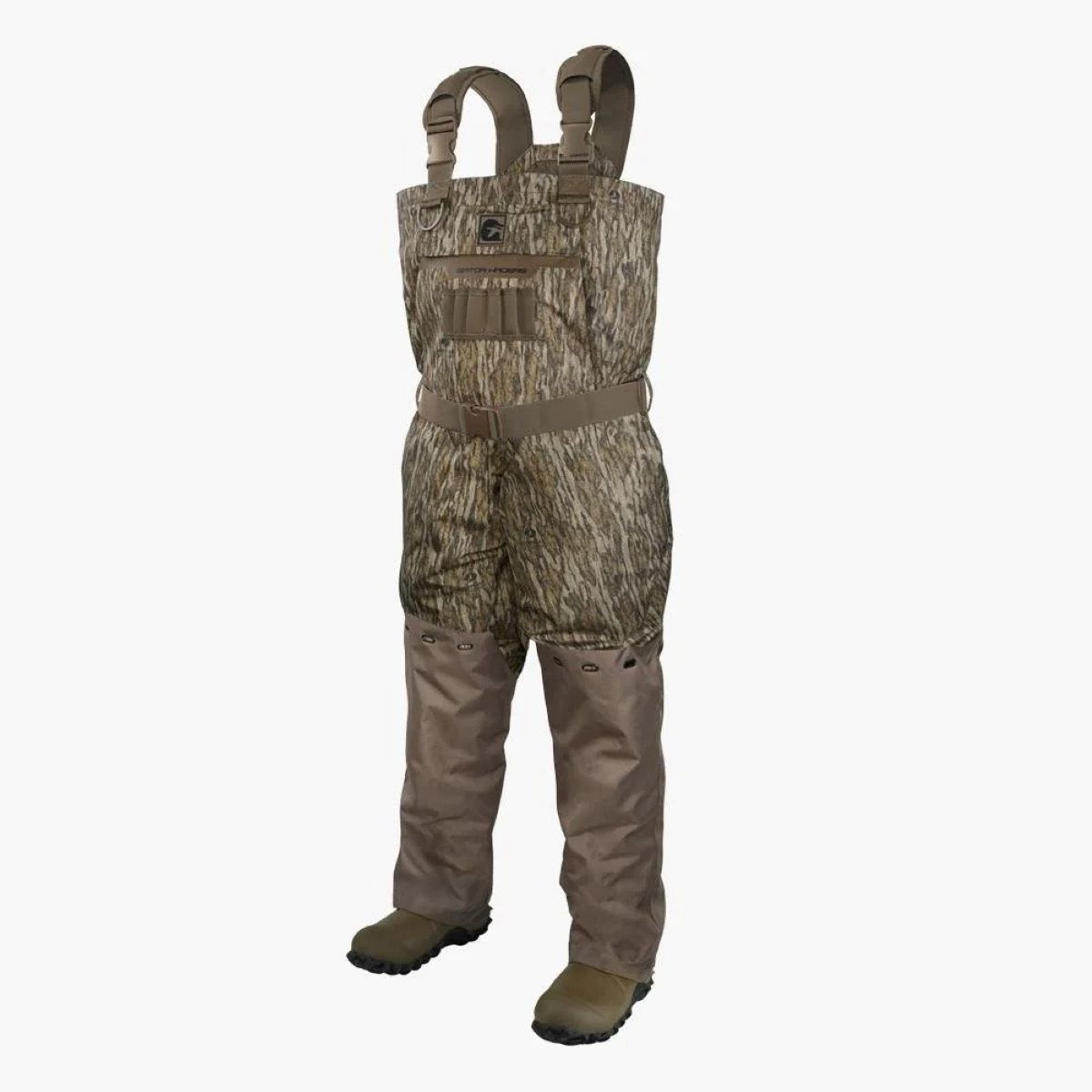
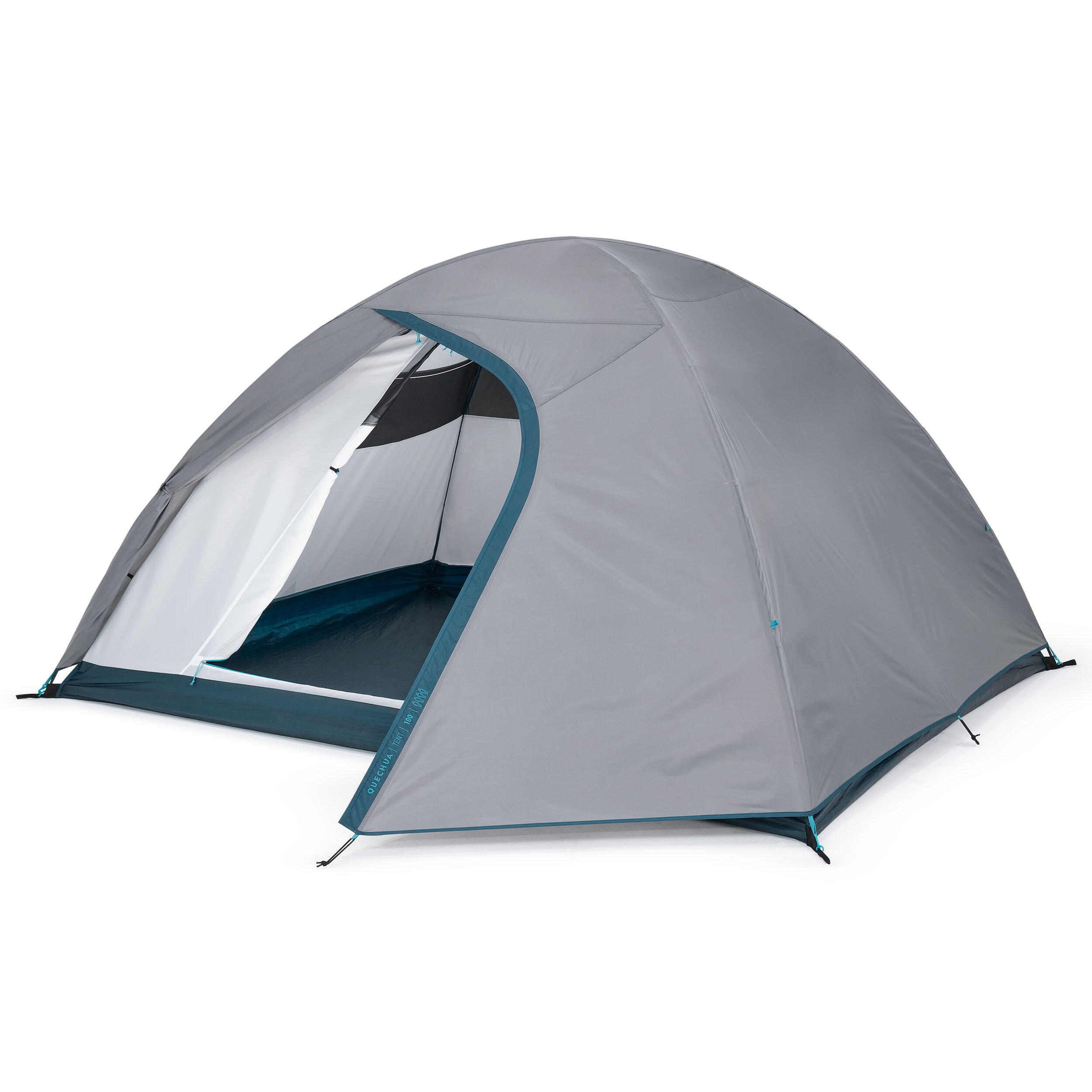
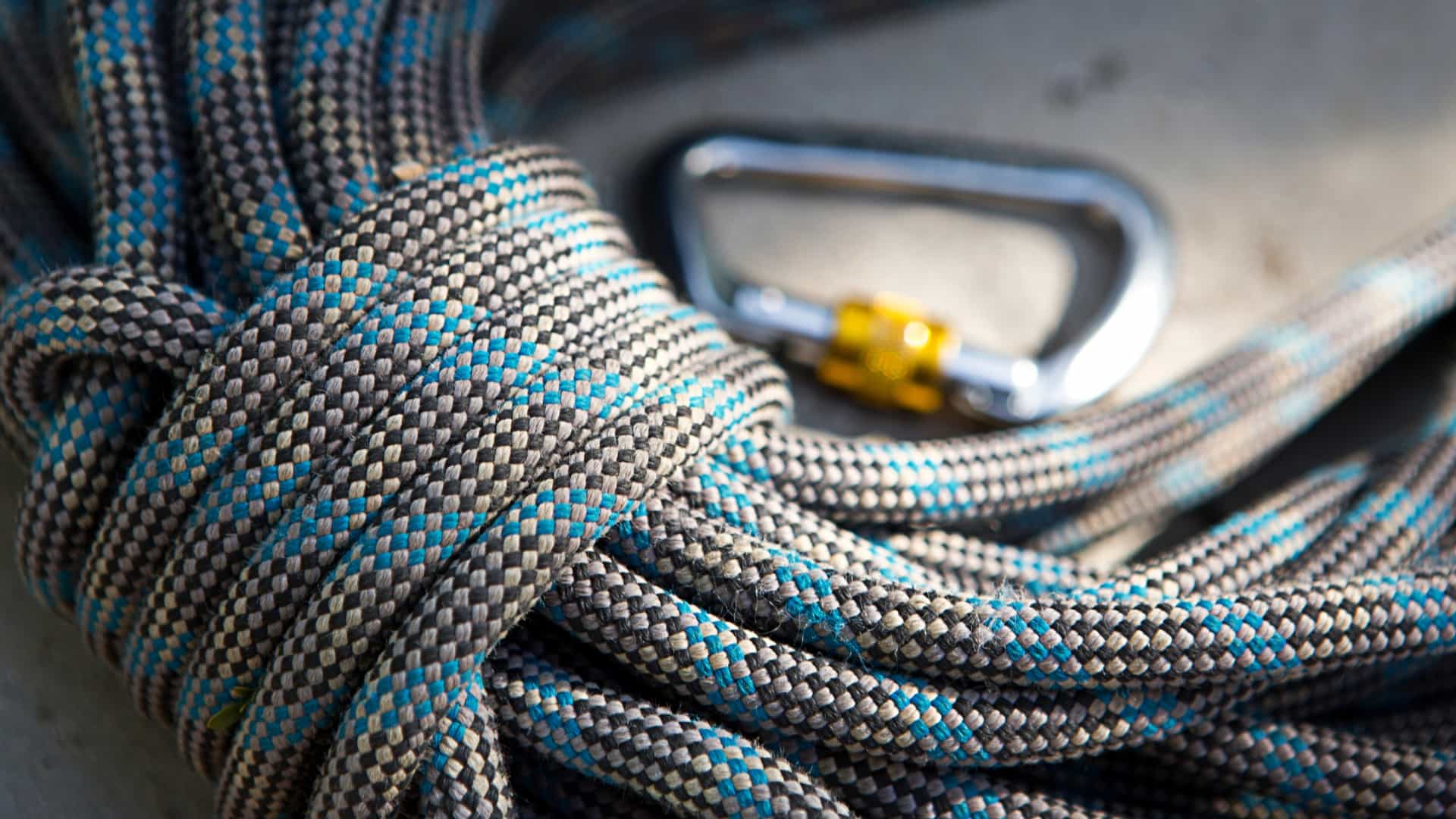

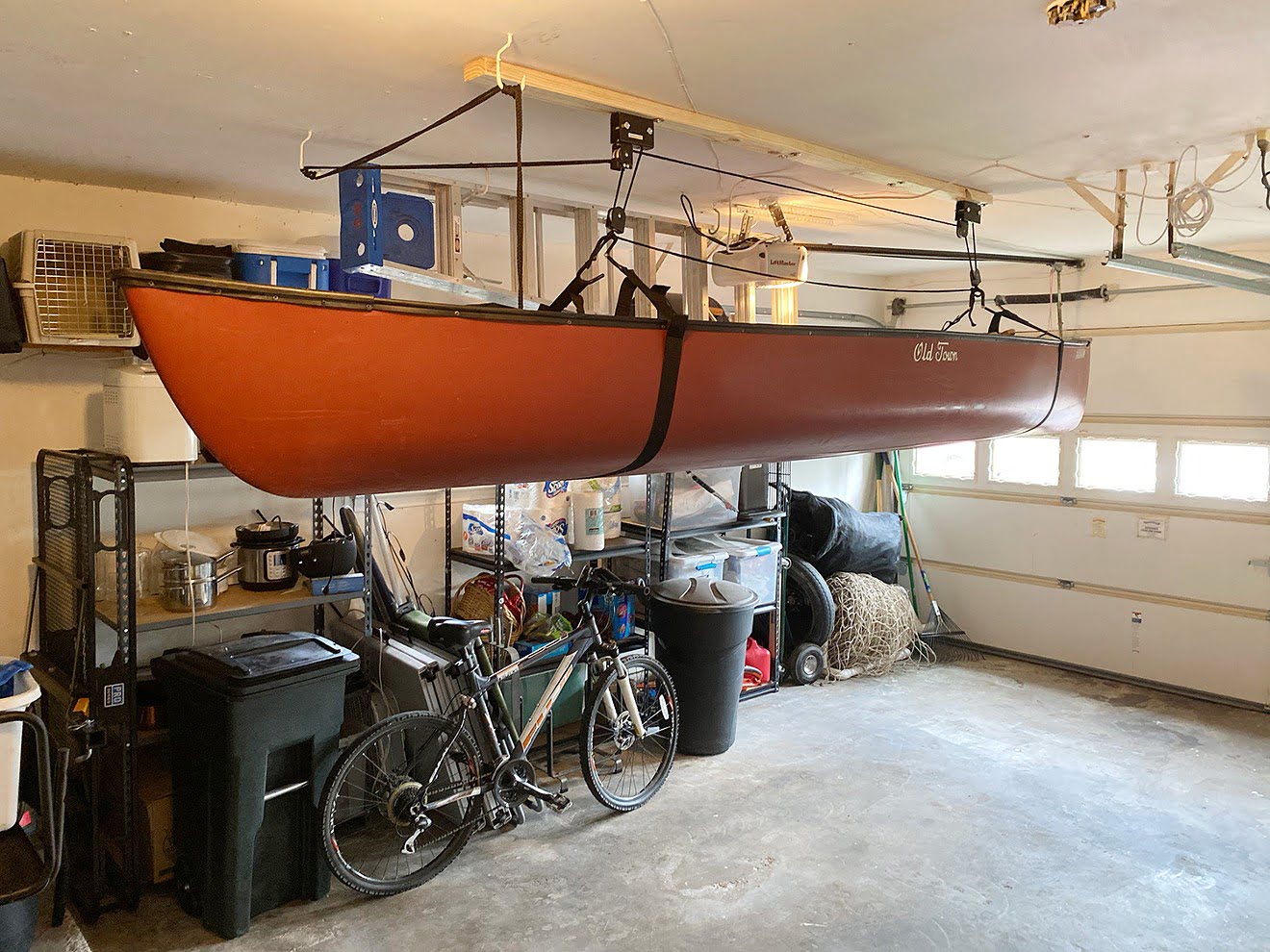

0 thoughts on “How To Store Food When Camping In Bear Country”